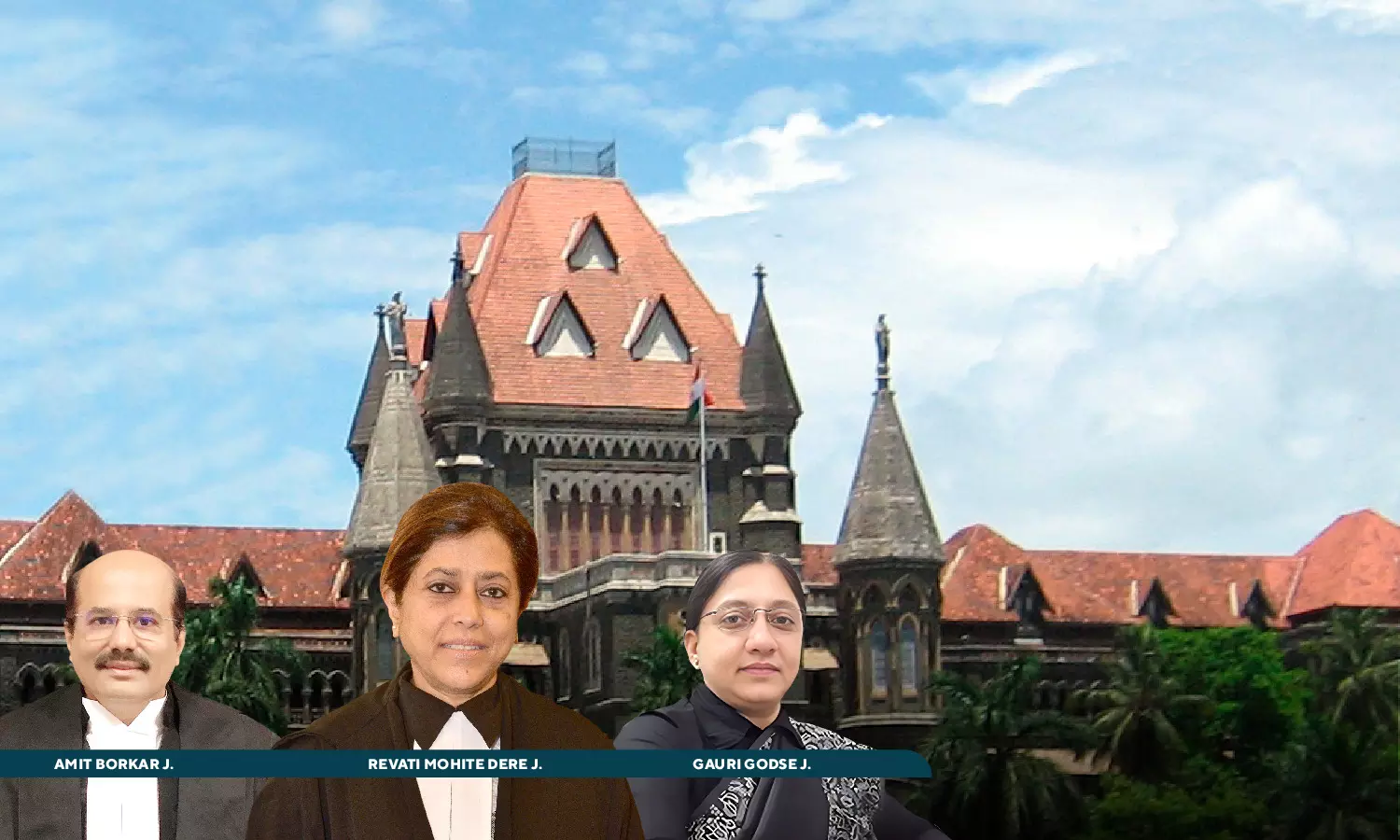
While Exercising Power U/S 9A CPC, Trial Court Cannot Frame An Issue Which Disposes A Suit Only In Part: Bombay HC
 |
|The Bombay High Court has held that under Section 9-A CPC, a Trial Court cannot frame an issue which has the effect of disposing of the suit only in part.
In that context, the Bench of Justice Revati Mohite Dere, Justice Amit Borkar and Justice Gauri Godse observed that, "we are of the view that while exercising power under Section 9-A of the CPC, the Trial Court cannot frame an issue which has the effect of disposing of suit in part or cause of action in part. It is therefore held that while exercising power under Section 9-A of the CPC, the Trial Court can frame an issue of jurisdiction only if result of such issue would dispose of the suit or cause of action in its entirety."
A Single Judge of the Court referred the following legal question for resolution by the Full Bench on 20 August 2013: “Whether in exercise of power under Section 9-A of the Code of Civil Procedure, 1908 (CPC), the Trial Court is competent to frame an issue, disposing of the suit in part or the cause of action in part?”
In this case, the plaintiffs had sought a declaration that the sale deed dated 2 August 1965 was illegal and not binding upon them and defendant Nos.4 to 8, and requested its cancellation. They also sought a permanent injunction to prevent defendant Nos.1 to 3 from illegally dispossessing them and defendant Nos.4 to 8 from the suit property.
On 3 May 2011, defendants Nos.1 to 3 requested the framing of a preliminary issue of limitation. The Trial Court, on 9 June 2011, framed the issue of limitation under Section 9-A of the CPC. The plaintiffs challenged this order by filing the present writ petition, disputing the framing of the issue of limitation as a preliminary issue in a suit for specific performance and injunction under Section 9-A of the CPC.
The Court observed that Section 9-A of the Code of Civil Procedure (CPC) enables any party to the suit to raise an objection to jurisdiction at the time of hearing an application for interim relief. It emphasized the necessity of interpreting the term 'suit' consistently throughout Section 9-A. The Court noted that the phrase 'made in any suit' in the first part of sub-section (1) refers to the application for interim relief being made in the context of the entire suit. Consequently, the expression 'such a suit' in the later part of sub-section (1) should also be understood to mean the entire suit.
The Court stated, “The expression 'made in any suit' in the first part of sub-section (1) of Section 9-A of the CPC undoubtedly refers to and contemplates 'entire suit' and, therefore, the expression 'such suit' in the later part of sub-section (1) of Section 9-A of the CPC needs to be assigned same meaning as contemplated in the earlier part.”
Furthermore, the Court held that the use of the expression 'such a suit' in Section 9-A indicates that the trial court must address the jurisdictional issue concerning the entire suit before granting any interim orders. This approach prevents parties from raising partial jurisdictional issues and helps streamline judicial proceedings by ensuring that jurisdiction is dealt with from the start. The Court’s interpretation aims to provide clarity and consistency in handling jurisdictional objections under Section 9-A of the CPC.
Cause Title: Govinda Goga Donde & Anr. vs Mayur Ramesh Bora & Anr. (Neutral Citation: 2024:BHC-AS:28190)
Click here to read/download the Judgment